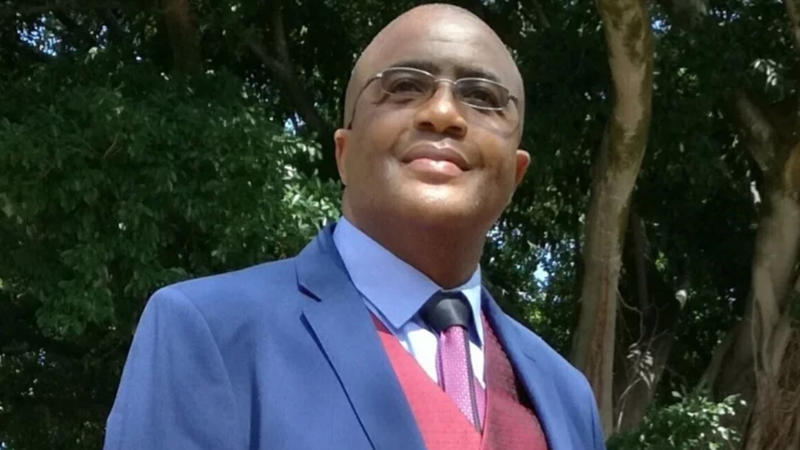The world may have joked about the COVID-19 Omicron variant by changing its name to “Omarion,” but that’s not the reaction that the scientist who discovered it, Sikhulile Moyo, is solely concerned about.
The first case of the variant was reported to the World Health Organization (WHO) from South Africa, and since its discovery, Moyo has become disappointed in the world’s response.
Moyo is a research associate with the Harvard T.H. Chan School of Public Health and the lab director of the Botswana-Harvard AIDS Institute Partnership team that was responsible for identifying the Omicron variant this past November.
The New York Times reports, four international travelers contracted COVID-19 on Nov. 11, four days after entering Botswana. After further analysis, the scientists discovered the genetic sequence of the case was unique and foreign to the research and public community.
Countries Take Action
After noticing various strain mutations, the team flagged the Minister of Health on Monday, Nov. 22. Moyo revealed to NPR, other groups in South Africa were sequencing samples and recognized similarities. After inputting sequences in the public database, South Africa reported to the WHO on Nov. 25.
When Omicron became known to other countries in late November, they took immediate action. The United States, the United Kingdom, and other nations issued travel bans against eight African countries such as South Africa, Zimbabwe, Namibia, Mozambique, Malawi, Lesotho, Eswatini, and Botswana.
“We were saddened. For me, personally, I felt that after two years into the epidemic, clearly as the global health community, we could be responding better and coordinating better. How do you reward the countries that alert you of a potential dangerous pathogen with travel bans? My country was put on a red list, and I didn’t feel good about that,” Moyo said to NPR.
Although Moyo and scientists ethically made the right move by coming forward about the new variant, in the same breath, Moyo believes his country is being punished.
“We know the repercussions. Flights were canceled, goods were not coming into the country, a lot of businesses lost millions. And our vaccine supply was being threatened because of delays on the way,” he said. “Quite a trail of destruction. So it was a roller coaster for us. On the one extreme, we felt [we were] contributing to the world in a small way. And on the other end, we felt, is that how you reward scientists or scientific progression?”
Travel Ban Sparks Questions From African Leaders
The travel ban to Africa presents questionable motives to the countries that implemented strict regulations. Botswana President Mokgweetsi Masisi previously stated that the four foreign diplomats who contracted the virus had come from other countries, the New York Times reports.
As skepticism toward the researchers worsens and the country continues to experience financial loss, Moyo leaves the world with food for thought about why Africa is being punished at a greater capacity.
“I would call it an unfair treatment of African countries,” Moyo said, according to NPR. “The Alpha variant was raging in the U.K. [months ago], and none of the countries put the U.K. on the red list. Because we understand that it’s a global village. Of course, we enhanced border screening, enhanced requirements for entering into the country, including maybe a quarantine and testing. But it was never shutting our door, because we understand that these viruses don’t respect our natural borders.”
Strength In Numbers
Moyo wants to see an end to the pandemic and hopes more people will become vaccinated. However, he recognizes medical disparities will stall improvements toward ridding the virus between wealthy and poor countries.
Even in Botswana, it has become difficult to vaccinate the population while other countries are already giving out boosters due to lack of financial backing, Moyo said.
“We have a significant part of the world that is less than 20% vaccinated. If we increase vaccination in those countries, we are going to reduce the chances of this virus — giving it room to circulate in other parts of the world and generate more mutants,” Moyo said to NPR. “If we really do our best and cover the world, I think we can win it together. But if we try and do our own corners and not take care of what’s happening in other countries, I think we’ll still have another two, three years of this pandemic.”


